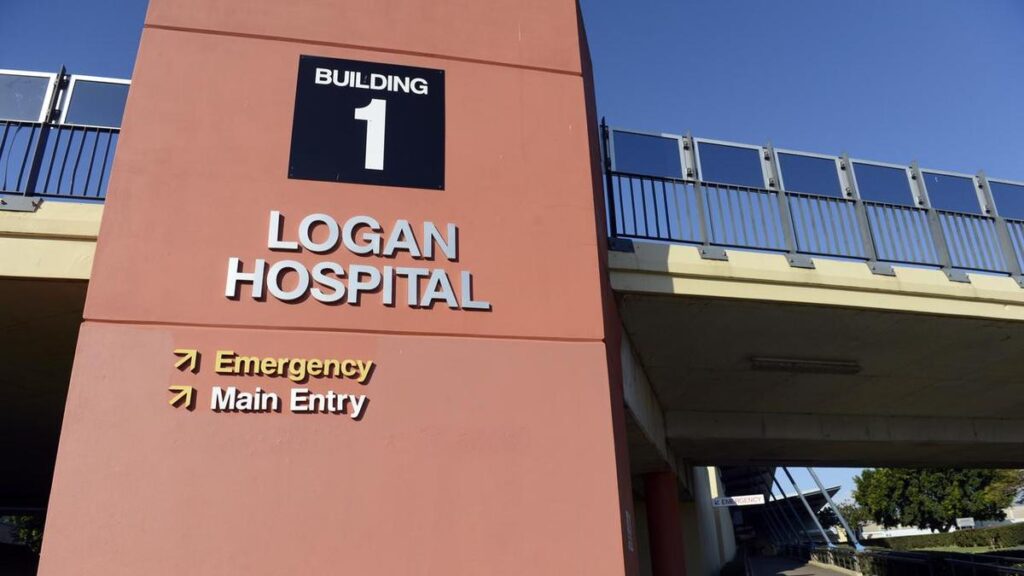
Authorities in Queensland are actively conducting contact tracing following the discovery of a rare strain of mpox, known as Clade 1, in an overseas traveller who recently returned from Africa. The patient was diagnosed after presenting symptoms at Logan Hospital, located south of Brisbane. Health officials estimate that approximately 19 community contacts and 40 hospital staff may have been exposed to the individual.
According to Queensland Health, the traveller was not contagious during his flight to Australia. Tim Nicholls, Queensland’s Health Minister, confirmed on Sunday that contact tracing is underway to identify those who interacted closely with the patient, particularly in the emergency ward and other areas of the hospital. “At the moment, his family are asymptomatic, that is, they’re not showing any signs of the Clade 1 mpox, but they are isolating,” Nicholls stated.
Potential Expansion of Contacts
The individual’s family includes children attending high school, primary school, and childcare centres. Health officials are currently identifying these institutions as part of their tracing efforts. While officials do not anticipate a significant increase in community contacts, the number of hospital contacts may rise as more interactions are assessed.
Mpox is a viral infection that typically presents mild symptoms, including fever, headache, muscle aches, swollen lymph nodes, and fatigue, often followed by a skin rash or lesions. Dr. Geoffrey Playford from Metro South Hospital Service explained that the contagion window is defined as the four days before the onset of symptoms until after the skin lesions have crusted over.
Background on Mpox and Vaccination Recommendations
In the past year, Queensland recorded 135 cases of Clade 2 mpox. Clade 1 has only been detected in Australia once before, following a returning traveller who tested positive in New South Wales in May. The disease is not easily transmitted between individuals and primarily spreads through very close or intimate contact with an infected person.
Groups at higher risk for infection include sexually active gay, bisexual, or other men who have sex with men, as well as their partners. Individuals planning to travel to regions where the Clade 1 variant is prevalent, particularly in Central Africa and surrounding countries, are advised to receive a vaccination prior to departure.
Health authorities note that vaccinations for both pre- and post-exposure to mpox are effective and are available at no cost through sexual health clinics and general practitioners. Optimal protection requires two doses of the vaccine.
The ongoing mpox outbreak was declared a public health emergency of international concern by the World Health Organization in August 2024. The virus was first identified in Australia in 2022, with the number of cases surging to over 1,400 in 2024, according to Australia’s National Notifiable Disease Surveillance System.







